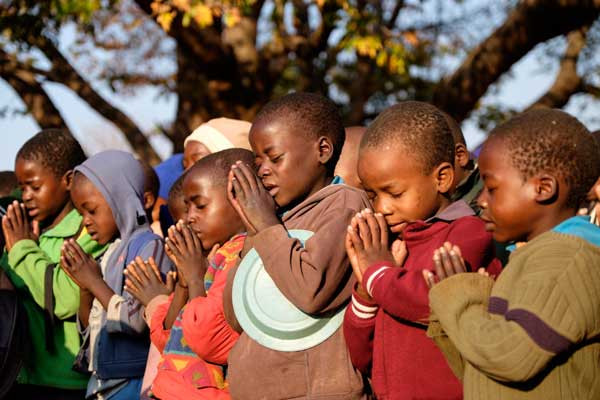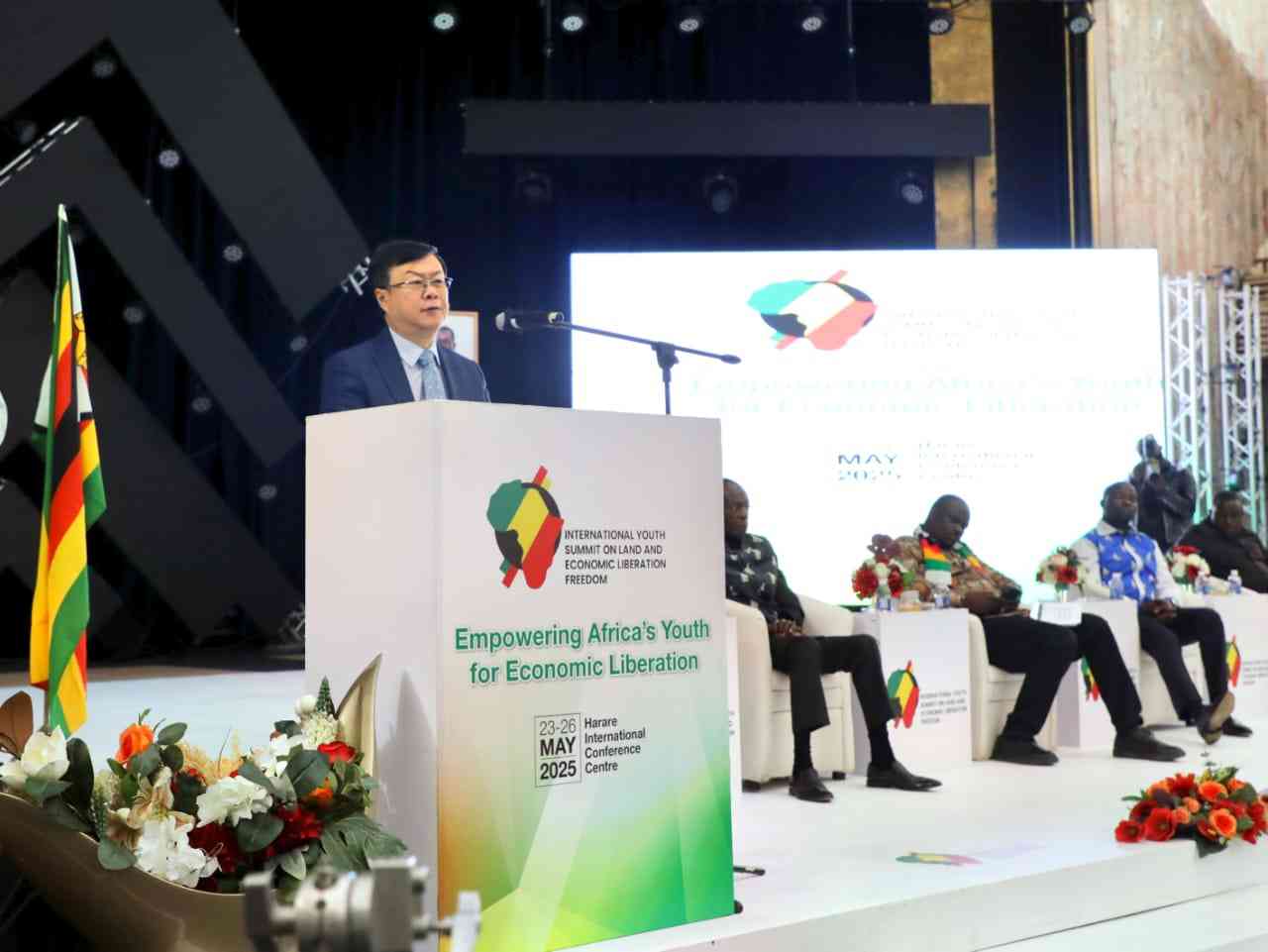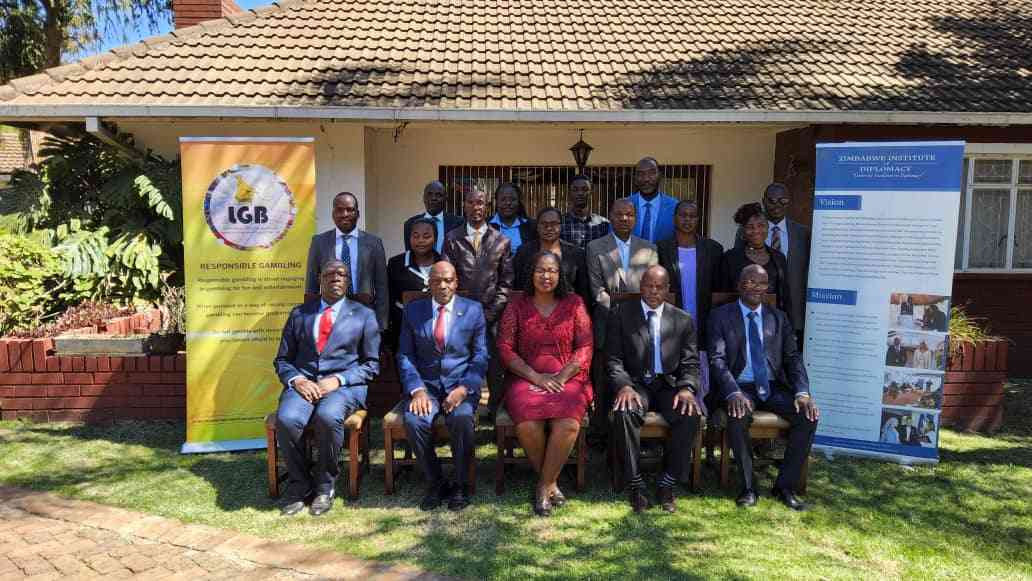
Government has been accused of ‘stealing’ Christmas by failing to come up with policies that bring cheer to millions of Zimbabweans struggling to make ends meet as the cost of living keeps rising.
Some Zimbabweans say they will not be enjoying the festive season with government playing the main role of “The Grinch that stole Christmas”.
A survey revealed that the little that many salvaged during a difficult year would rather be saved for the New Year towards increased school fees, high prices of uniforms and stationery.
To compound the situation, the government has also failed to solve rolling power outages that have affected the whole country since the beginning of December.
Economist Gift Mugano said this year’s festive season is a difficult one for the majority of Zimbabweans.
“The starting point to note is that 49% of people in Zimbabwe are living in extreme poverty.
“When you are in extreme poverty, you are living on less than US$1 a day,” Mugano said.
“So it means that for that segment of the population it’s in a mess.
- We’re not concerned by now-habitual State media propaganda
- A false unity
- Ekusileni Hospital faces closure
- The Fiddler: A strange endingA strange ending
Keep Reading
“They don’t have enough resources to celebrate the festive season.”
Mugano said a number of challenges facing the majority of the population included the annual inflation now hovering around 259%.
“It means the prices are increasing at a faster rate.
"Employers cannot compensate their workers enough,” he added.
“Aggregate and that average demand has been falling by an average of 33%.
“This has an impact on income going to companies and they are also constrained to pay their employees.
“So we are getting into Christmas, the festive season, without money.
“So for parents who are struggling, it does not make sense to spend money on Christmas festivities or New Year celebrations then get stuck in as far as payment of fees is concerned.”
Prices of basic goods have been going up as the local currency keeps falling in value in the official and parallel markets as companies seek to guard against expected losses.
The local currency that was re-introduced in 2019 after a decade of dollarisation is now trading at US$1 to $1000 at the parallel market and almost $700 at the Reserve Bank of Zimbabwe (RBZ) auction floors.
President Emmerson Mnangagwa has said the local currency is under attack from economic saboteurs.
United Kingdom-based economist Chenayimoyo Mutambasere said the government had proved that it had no capacity to arrest the economic crisis.
“When would the Reserve Bank governor either re-dollarise or revert to a local currency?
“At the end of 2022, this still remains a mystery,” Mutambasere asked.
“At the end of last year, we called out that a lack of confidence in the banking sector was increasing the unbanked economy, which would mean that banks would always face a liquidity risk.
“It was suggested that confidence and trust needed to be restored by having a clear policy inclusive of a roadmap on the multi-currency situation.”
Misgovernance in other areas such as the energy and agriculture sectors has increased the balance deficit with increased imports of grains and energy.
“This has further exposed the country to extreme poverty and inadequate health systems,” she added.
“Whilst the monetary policy continues to claim a conservative stance this is at best a fallacy.”
Confederation of Zimbabwe Retailers president, Denford Mutashu however, said retailers had tried to cushion their customers.
“We have consistently lobbied and advocated for not only a friendlier policy environment, but for business to price responsibly,” Mutashu said.
“The stability enjoyed in the last quarter of the year is a direct result of government and business engagement which the association has been part of.”










